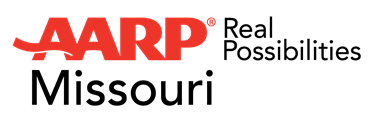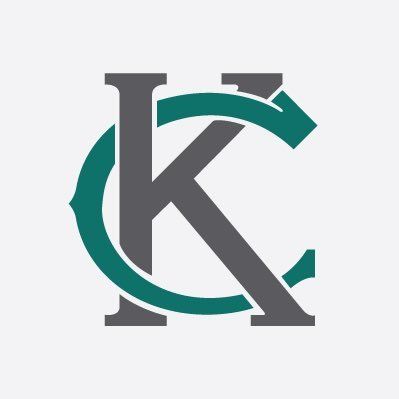Our History
It is no secret that the men and women who are veterans or currently serving in the nation's military, along with their brothers and sisters who serve as first responders in our communities, are heroes. Medals, ribbons, and national support are indicative of the many sacrifices these heroes make every day. Unfortunately, there is little to no equivalent support structure for the hidden heroes of our nation. These are the veteran, military, and first responder family caregivers who make incredible sacrifices to care for our nation's injured and ill service members, veteran's and first responders.
Caregivers on the Homefront was created by Shawn Moore in 2017. Shawn serves as a caregiver for her husband, Bryan, a 23-year Army veteran, who suffers from numerous mental and physical disabilities. Shawn felt isolated and without resources when trying to help her husband and after speaking with a variety of individuals she realized her story was not unique, that there was a gap in the resources and support structure for our nation's caregivers. Caregivers on the Homefront fills that gap by providing evidence-based mental health and wellness programs. We also take pride in advocating for the caregiver at the local, state, and national levels.
The Problem
In 2014, The Elizabeth Dole Foundation commissioned the Rand Corporation to conduct the first comprehensive, evidence-based national study of military and veteran caregivers and their needs. The study revealed a societal crisis: an estimated 5.5 million Americans care for injured or ill service members and veterans. Military and veteran caregivers provide $14 billion of uncompensated care each year which ultimately has led to a decline in their own mental health and wellbeing. Caregivers have been thrust into roles that they never imagined doing with little to no education on how to provide care to their injured loved ones.
According to the Rand study, "Military caregivers consistently experience worse health outcomes, greater strains in family relationships, and more workplace problems than non-caregivers, and post 9/11 military caregivers fare worst in these areas." The study goes on to say "We found that key aspects of caregiving contribute to depression, including time spent giving care and helping the care recipient cope with behavioral problems. Perhaps even greater concern, between 12% (of pre-9/11 military caregivers) and 33% (of post-9/11 military caregivers) lack health care coverage, suggesting that they face added barriers to getting help in mitigating the potentially negative effects of caregiving" (p. xviii). Without a healthy caregiver, the veteran will continue to suffer. As a nation, we must make caring for the caregiver a priority. Caregivers on the Homefront took the gaps that were found in the Rand study and developed our mental health and wellness programs.
Our Mission
Our mission is to provide caregivers of our nation's veterans and first responders with hope, a sense of togetherness, and a firm foundation of resiliency. Caregivers on the Homefront proudly advocates to promote awareness and increase education for not only our caregivers, but the communities they live in.
Our Vision
Our vision is to create a vibrant future of dignity and wellbeing for all veterans and first responder families. Redefining our countries perceptions that surround both the physical and invisible wounds of the brave men and women that serve our country and communities.
Purpose
The purpose of Caregivers on the Homefront Inc. is to serve those families who are caring for the warriors of all military eras and first responders who have been inflicted with the invisible and/or physical wounds of the wars abroad or at home. This organization will solicit donations, partner with other local nonprofits, and provide support to our caregivers and their families.
Caregivers on the Homefront Inc. is a non-profit corporation and shall operate exclusively for the charitable and educational purposes under Section 501(c)(3) of the Internal Revenue Code, or the corresponding section of any future Federal Tax Code. To maximize our impact on current efforts, we may seek to collaborate with other non-profit organizations which fall under the 501(c) (3) section of the Internal Revenue code and are operated exclusively for educational and charitable purposes.






